Is our democracy failing us?
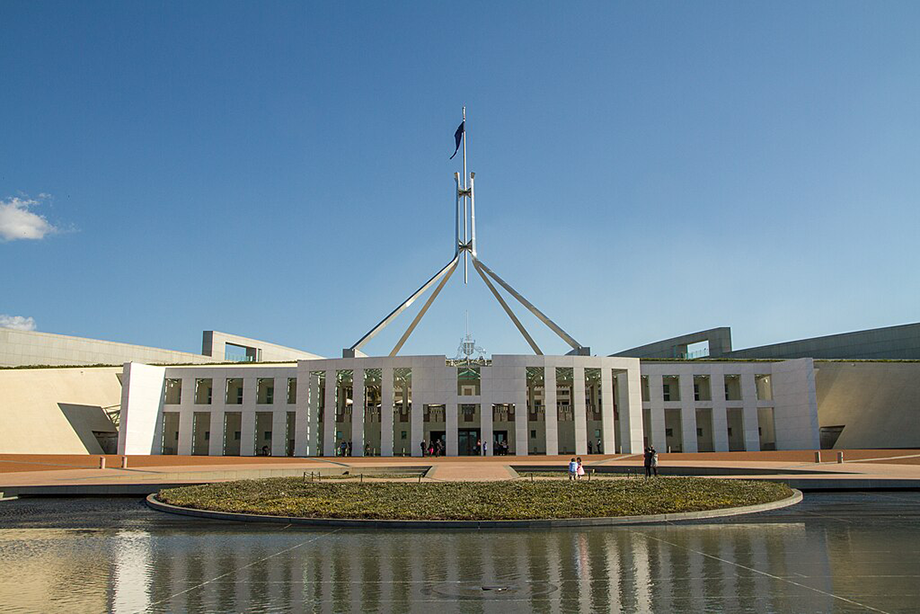
As we go to press, a May federal election seems likely – though anything seems possible in 2025. Last November, we invited a number of key commentators to reflect on the US presidential election, with a particular focus on the Australian obsession with American politics. As Australians prepare to vote, we wanted to do something similar – to come at our election from a different angle.
Rather than engaging in psephology or trying to predict who will win the most seats and claim government, we have invited four of our senior writers and commentators to reflect on, speculate about, the broader issues that seem likely to be swamped by the vaunted ‘cost-of-living crisis’ that threatens to dominate the commentary.
There are so many urgent and interesting challenges facing government and electors – tax reform and inequality; the state of education; AUKUS, sovereignty, and foreign conflicts; the climate change that denialists seek to marginalise; Indigenous Australia after the Voice; economic reform; media diversity; the sorry plight of arts funding in Australia. Should not these too exercise us, trouble us, galvanise us?
Frank Bongiorno
Neighbours has been cancelled, again. The television program’s demise in 2022 after thirty-seven years might conform to Lady Bracknell’s definition of a misfortune. The trigger was Channel 5’s dropping of the program in Britain; Fremantle Media, dependent on that source for production costs, announced that it would be unable to continue. But Amazon gave Neighbours a second life, only to pull the plug last month. It now looks like Ramsay Street’s days are numbered – devastating for those who make the program, including a few actors who have inhabited Ramsay Street for decades, and no doubt disappointing for fans.
Lady Bracknell might have called a second cancellation carelessness, and perhaps she would have a point. When Prime Minister Anthony Albanese and Arts Minister Tony Burke launched the government’s Revive in St Kilda’s Esplanade Hotel (‘The Espy’) in January 2023, there were echoes of an older cultural nationalism in both the stress on telling Australian stories and the recognition that government regulation would need to play a role in making that happen. It even looked a bit Whitlamite. ‘A place for every story, a story for every place’ was the tagline. Revive would help make that a reality by applying local content requirements to commercial streaming services.
Today, the mandatory Australian content policy remains little better than a bright idea. The Free Trade Agreement with the United States is apparently a stumbling block. In any case, perhaps earlier implementation would not have saved Neighbours. After forty years, maybe the time had come for Neighbours to go to wherever former hit soaps spend their afterlife: possibly late-night reruns or box sets of DVDs that will make the ideal Christmas present for a Generation Xer you love.
All the same, it is another disappointment from a government that many find disappointing. That is a word I hear often: it hasn’t been a bad government, but words like ‘timid’ and ‘disappointing’ are then trotted out to say what the government has been. Albo is governing for two terms, the defenders say – a good point while the polls suggested that an early Coalition return to government would be about as likely as a Neighbours comeback by Bouncer the dog. Now that the polling suggests this is a possibility, the defence of the government’s caution looks less convincing.
The government has some achievements to its name in the arts. Under Revive, it replaced the old Australia Council for the Arts with Creative Australia, and it has since established Creative Workplaces (to improve conditions for workers in the sector), Music Australia, First Nations Arts and – scheduled to commence this year – Writing Australia. Injections of funding mitigated the combined effects of what became known as the ‘Brandis cuts’ – after Coalition minister George Brandis – and the pandemic. The government claimed $950 million of new spending over four years in the 2023-24 budget. Cultural institutions that, by the final dark days of the Morrison government, said they would need to shut down some of their core activities received funding that has allowed them do things like repairing disintegrating buildings, upgrading outdated computer software, and restoring some of the morale of staff and users shattered by Coalition hostility and neglect. There has been more money for organisations that train performing artists and for improving the accessibility of the arts – for both practitioners and audiences – regardless of where you live or who you are.
That’s quite a lot of activity and fair bit of money, if not quite in the same league as nuclear-powered submarines: but is it making a difference? Some arts and cultural organisations are in better shape than when they emerged from the twin disasters of Coalition government and Covid-19. They are also in a game of catch-up. It is not as if they have been given the money that they missed out on over a decade: no government can ever do that.
The cost-of-living crisis has prevented organisations from rebuilding audiences to pre-pandemic levels. Live venues are struggling, music festivals closing, and too many artists and musicians earning very low incomes. People with access to a wide array of entertainment options at home are less inclined to spend money going out or even just to buy a book. In many ways, the story of the arts reflects that of the government as a whole: good intentions confounded by economic conditions and a government that hasn’t been all that good at stamping its own values and priorities – in this case, creativity and inclusion – on the nation.
Albanese’s is a government that often seems to behave as if it has a conservative Queensland regional voter looking over one shoulder and a feral Murdoch media commentator peering over the other. It is therefore entirely to its credit, and to that of Tony Burke as arts minister, that it has managed to smuggle a pretty decent arts policy into the mix given all the constraints.
Yet that sense of disappointment remains. There has recently been a divisive controversy over Creative Australia’s withdrawal of the commission for the Venice Biennale awarded to Khaled Sabsabi and his curator, Michael Dagostino, on the basis of objections to a video montage about 9/11 created by Sabsabi almost twenty years ago. Burke called the CEO of Creative Australia after the matter was raised by the Coalition shadow minister in Senate question time, but denies influencing the decision. Members of the arts community are furious. There have been recriminations and resignations.
It has been a squalid, destructive affair that will surely live on as an example of the poisonous impact of the culture wars on the arts in these intolerant times. But it is the election outcome that will determine whether it is also seen as a cardboard cutout epitaph to a Labor government that lacked the will to deliver on the cultural vision that Albanese and Burke articulated with such zest and optimism at St Kilda’s Espy on a summer’s day only a little more than two years ago.
Dennis Altman
Continue reading for only $10 per month. Subscribe and gain full access to Australian Book Review. Already a subscriber? Sign in. If you need assistance, feel free to contact us.






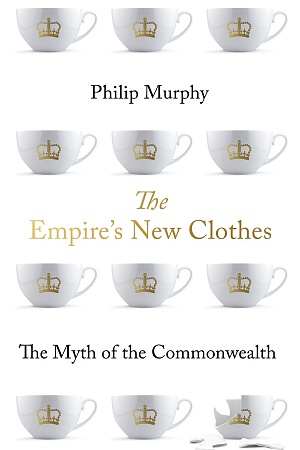
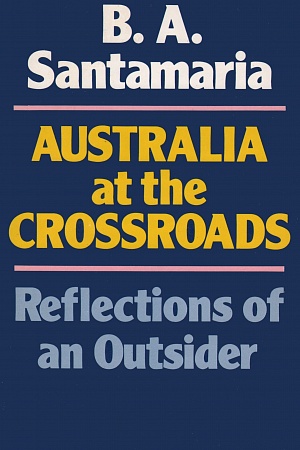
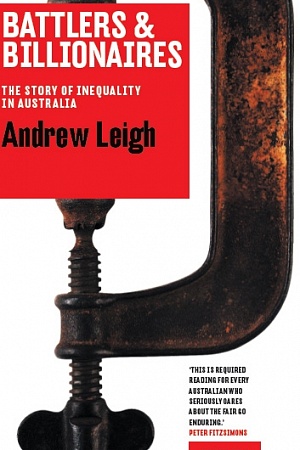
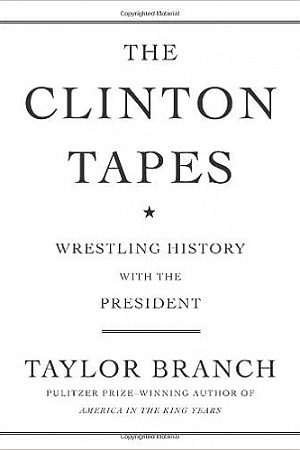




Comment (1)
Hugh White's remark is the most apposite of these comments. The old guard have minds softened by comforts, while the young lack the imperative to harden their own. It is no one's fault as such. Individuals who are themselves comfortable simply don't care enough about the fortunes of others.
Leave a comment
If you are an ABR subscriber, you will need to sign in to post a comment.
If you have forgotten your sign in details, or if you receive an error message when trying to submit your comment, please email your comment (and the name of the article to which it relates) to ABR Comments. We will review your comment and, subject to approval, we will post it under your name.
Please note that all comments must be approved by ABR and comply with our Terms & Conditions.